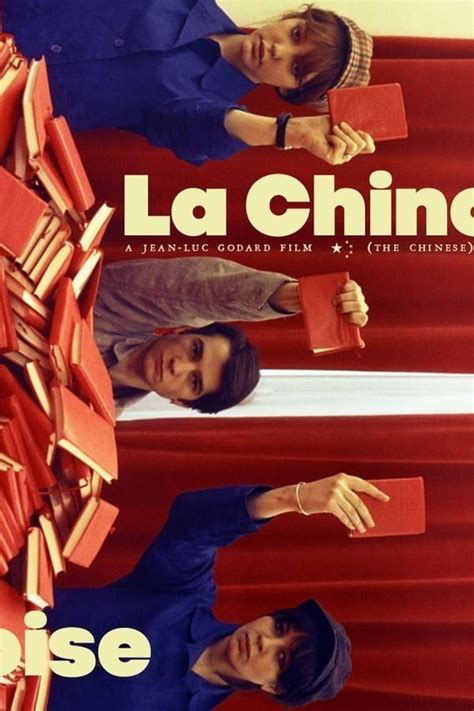La Chinoise

Description:
La Chinoise is a 1967 French political drama film about a group of young Maoists living in a Paris apartment and discussing revolutionary ideology. The film explores themes of politics, ideology, and the nature of revolution.Keywords:
Marxism, Maoism, Revolution, Ideology, YouthWhat is the meaning of La Chinoise?
"La Chinoise" is a 1967 film directed by Jean-Luc Godard that explores the lives of a group of young French intellectuals who become involved in Maoist ideology. The title translates to "The Chinese Woman," reflecting the film's themes of political engagement and revolutionary fervor, as well as the influence of Chinese Communism on Western thought during the 1960s. The film critiques both ideology and the superficiality of student activism, highlighting the tension between theory and practice in political movements.
Is la chinoise satire?
Yes, "La Chinoise," directed by Jean-Luc Godard, is a satirical film. Released in 1967, it critiques the political and ideological fervor of the 1960s, particularly the radical student movements in France. The film follows a group of young revolutionaries who embrace Maoist principles, using absurdity and irony to highlight the contradictions in their beliefs and actions. Godard employs a mix of playful dialogue and striking visuals to challenge the viewer's perceptions of ideology and revolution, making it a thought-provoking satire of contemporary political movements.
Where was La Chinoise filmed?
"La Chinoise," directed by Jean-Luc Godard, was primarily filmed in Paris, France. The movie showcases various locations around the city, reflecting the political and cultural atmosphere of the 1960s. It features both interior and exterior scenes that emphasize the protagonists' revolutionary ideals and their discussions about Marxism and Maoism, set against the backdrop of contemporary Parisian life.
Explore More Categories: